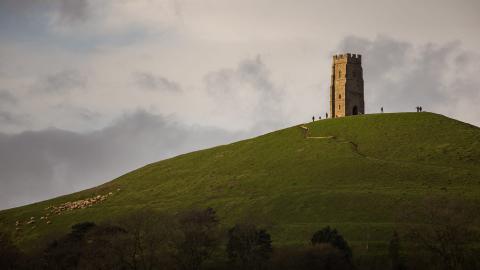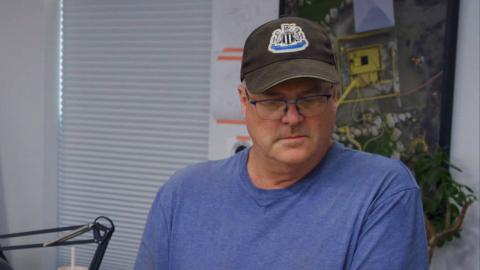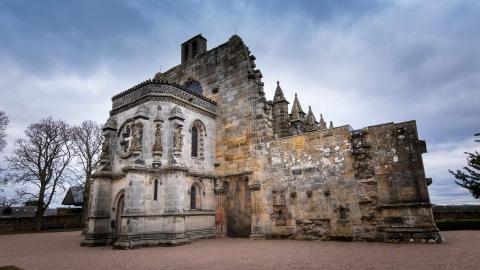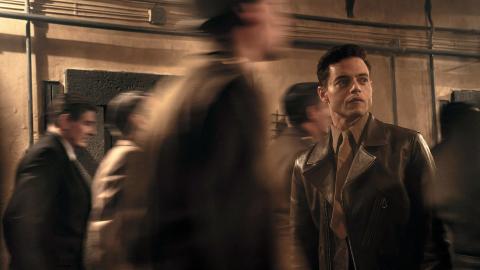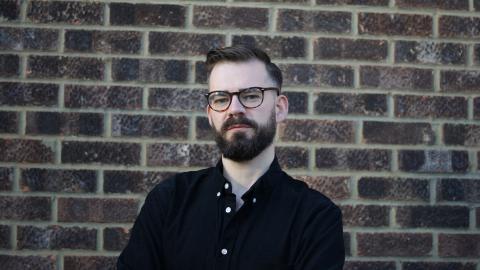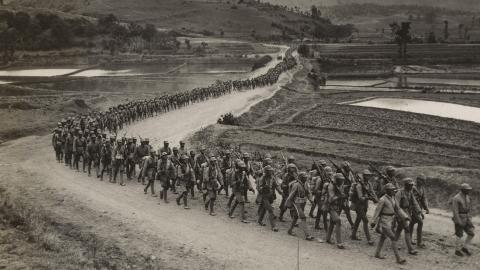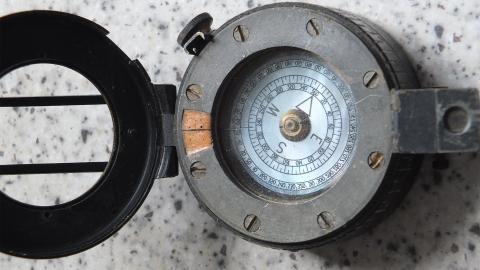J. Robert Oppenheimer dies
On February 18, 1967, J. Robert Oppenheimer, the “father of the atomic bomb,” dies in Princeton, New Jersey, at the age of 62. An expert in quantum theory and nuclear physics, he was enlisted into the fledgling U.S. atomic weapons program in 1941. In 1942, the “Manhattan Project,” as the program became known, was greatly expanded, and Oppenheimer was asked to establish and direct a secret laboratory to carry out the assignment. He chose Los Alamos, a site in the New Mexico desert that he had visited earlier in life, and together with some of the world’s top physicists began work on the bomb. On July 16, 1945, the world’s first atomic bomb was exploded at the “Trinity” test site in Alamogordo, New Mexico, and only three weeks later the United States dropped the first of two bombs on Japan. Over 200,000 Japanese eventually perished as a result of the atomic attacks on Hiroshima and Nagasaki. Oppenheimer regretted the use of the terrible weapon he had helped build, and he worked with the U.S.
Atomic Energy Commission (AEC) to win approval for international control of atomic energy. The USSR refused to support the U.S. plan, and in 1949 the Soviets successfully detonated their first atomic weapon. The loss of U.S. atomic supremacy, coupled with revelations that Los Alamos scientist Klaus Fuchs had given nuclear secrets to the Soviets, led President Harry S. Truman to approve development of the hydrogen bomb. Oppenheimer strongly opposed development of the H-bomb, which was theorized to be hundreds of times more powerful than the bombs dropped on Japan. On November 1, 1952, the first “superbomb” was successfully detonated in the Pacific. In 1953, because of both his opposition to the hydrogen bomb and his admitted leftist leanings in the 1930s, Oppenheimer lost his security clearance and was ousted from the AEC. The case stirred wide controversy, and many people came to his defense. After leaving the government, he returned to teaching. He died in 1967.

